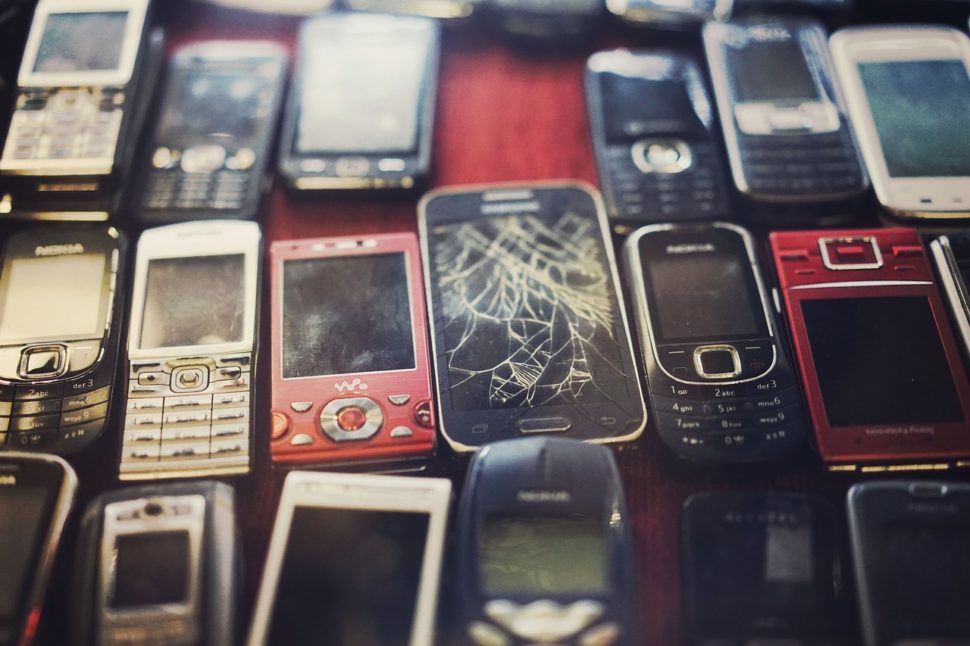Each year, millions of smartphones, computers, high-tech devices, and other electronic gadgets of all kinds are put on the market.
Once the end-user decides to dispose of electronics, they become waste.
The problem of electronic waste, or WEEE (Waste of Electric or Electronic Equipment), is a very complex one.
Landfills are currently overflowing with e-waste that contain toxic substances like lead, lithium, and mercury.
In addition to environmental pollution, e-waste is difficult to recycle and gives rise to illicit business in some poor countries.
According to a recent UN report, electronics represent the fastest growing waste stream in the world.
E-Waste we Left in the Wake of the e-Revolution
The development of mass production and the modern idea of planned obsolescence are two major factors in the snowballing problem of e-waste.
In 2018, the world generated about 50 million tonnes of electronic and electrical waste. This is roughly the same weight as all commercial planes ever built.
Less than a fifth of WEEE is recycled in formal facilities.
Millions of people around the world earn their living by processing e-waste informally, most often in hazardous working conditions.
These figures come from the report released at Davos by the Platform for Accelerating the Circular Economy (PACE).
Launched in 2017, PACE is a joint public-private initiative that gathers several UN agencies, the World Economic Forum, and other foundations and institutions together to help solve the e-waste problem.
The report, “A New Circular Vision for Electronics”, calls for a reboot of the current electronics system.
One Mans Trash is Another Man’s New iPhone
As its main mission is the acceleration of a circular economy, PACE is urging the electronic ecosystem to adapt to a complete overhaul.
Electronics represent one of the four segments PACE focuses on in its circular economy projects that it shepherds around the world.
The other areas are food & bio-economy, business models & markets, and plastics.
In terms of economic value, the report evaluates e-waste at over $62 billion, which is more than the GDP of most countries.
To contain the rising e-waste challenge, PACE recommends the implementation of several measures by producers.
Buy-back or return systems, advanced recycling and recapturing techniques, more durable products, and repair could all help reduce the now endless flow of e-waste into landfills.
Urban mining, or the extraction of metals and minerals from e-waste, could be a future booming business.
“One recycler in China produces more cobalt than the country mines in one year,” says PACE. “There is 100 times more gold in a tonne of mobile phones than in a tonne of gold ore.”
But PACE goes further in its call for a deep change of the electronic industry.
Like video streaming and ride-sharing, PACE suggests shifting electronics’ business model to a service-based one when possible.
There are some cases of electronics as a service in the world starting to show the example, like Dutch company Signify selling lighting as a service, and Rolls Royce selling jet engine time.



















Comments (0)
Most Recent